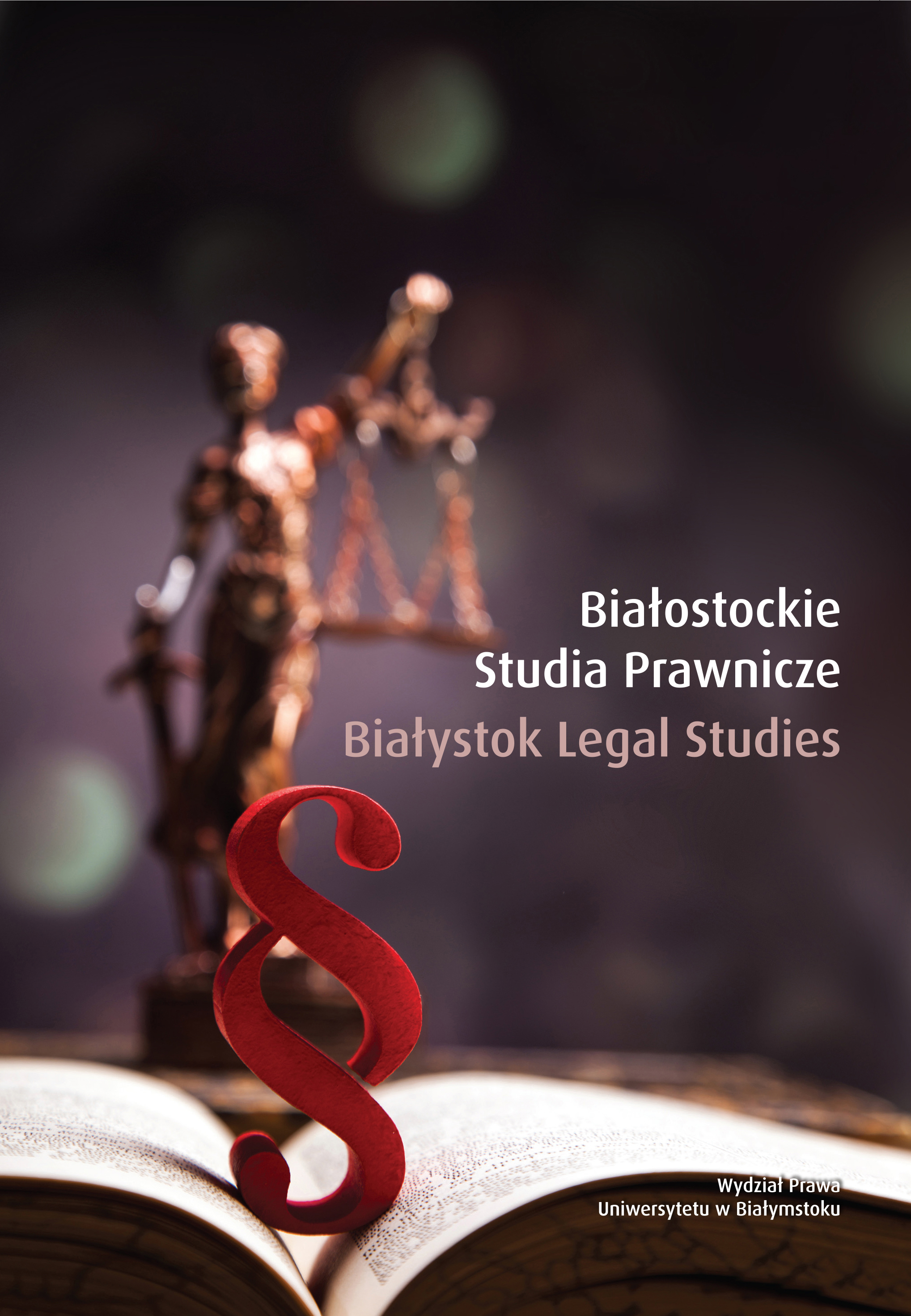Od suwerenności do władzy politycznej
Abstrakt
Every political union with the character of a political-territorial power, functions in conditions of disorder in which it establishes its own centres of force, law and government. Over time such a political union begins to possess a monopoly of legal force, and its existence is secured when it receives the recognition of other units of the same type. In this way polyarchy, or multi-government arises – a collection of monarchies functioning in the anarchic conditions of the area in which there is no supreme centre and mutual relations are formed by participants among themselves and at their own risk.Bibliografia
Benton Lauren. 2009. A Search for Sovereignty. Law and Geography in European Empires 1400-1900, Cambridge Cambridge University Press.
Bloch Marc. 1981. Społeczeństwo feudalne. Warszawa: Państwowy Instytut Wydawniczy.
Bodin Jean. 1958. Sześć ksiąg o Rzeczypospolitej. Warszawa: Państwowe Wydawnictwo Naukowe.
Braudel Ferdynand. 2004. Morze Śródziemne i świat śródziemnomorski w epoce Filipa II. Warszawa: Książka i Wiedza.
Elkins David. 1995. Beyond Sovereignty. Territory and Political Economy in the Twenty-first Century. Toronto: University of Toronto Press.
Jouvenel Bertrand de. 1962. On Power. Its Nature and the History of Its Growth. Boston: Viking Press.
Kennedy Paul. 1994. Mocarstwa świata. Narodziny – rozkwit – upadek. Przemiany gospodarcze i konflikty zbrojne w latach 1500-2000, Warszawa: Książka i Wiedza.
Skarzyński Ryszard. 2006. Anarchia i policentryzm. Elementy teorii stosunków międzynarodowych. Białystok: Wydawnictwo Wyższej Szkoły Ekonomicznej.
Vattel Emerich de. 1958. Prawo narodów, czyli zasady prawa naturalnego zastosowane do postępowania w sprawach narodów i monarchów. Warszawa: Państwowe Wydawnictwo Naukowe.
Wallerstein Immanuel. 1992. Geopolitics and Geoculture. Essays on the Changing World System. Cambridge: Cambridge University Press.



